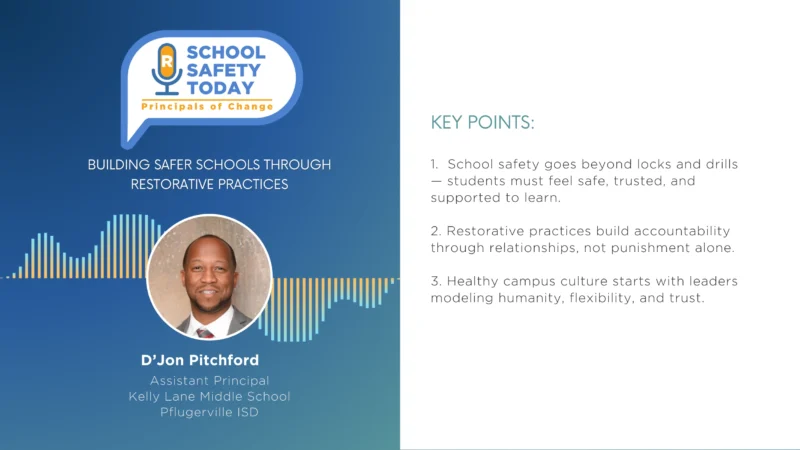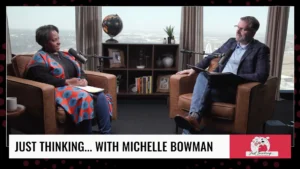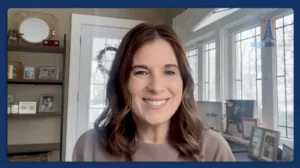Supporting Lifelong Learning in a Disrupted World
Libraries are still alive and well, and even thriving, with an estimated 139,287 librarians and media collections specialists, 16,383 library technicians, and 92,159 other educational instruction and library workers in the U.S., according to the U.S. Census.
How, exactly, are libraries thriving when they must rapidly adapt to meet the demands of the public when it comes to digitization?
On today’s first part of a two-part episode of DisruptED, Host Ron J. Stefanski speaks with John Szabo, City Librarian/CEO of the Los Angeles Public Library, to talk about the lifelong learning and disruption libraries are creating in a digital age.
While Hulu, Netflix, and other streaming services have overtaken physical stores such as Blockbusters in the movie industry, libraries are standing strong and adapting to digital disruption.
“Libraries have done a really great job of capitalizing on change and have really evolved with technology in really incredible ways—adapting to technology and using that just to have a greater impact on people’s lives and ultimately, that’s what this work is about,” Szabo says.
Stefanski and Szabo also talked about…
● What brought John into the public library industry and how he has developed a passion for bringing classes to the library for lifelong learning
● How Szabo helped libraries start the process of offering accredited high school programs and certificate programs as a bridge to a high school diploma
● The role libraries are playing in new citizenship programs
Szabo explained how funding the library received during the recession helped foster his desire to have libraries enter the adult learning space. “And we really developed something called E Campus, an entire suite of online learning. And the recession was coming along—it was so popular for people to use the public library to access these free classes online and to add all of that learning onto their resumes and to help prepare them to be better candidates for jobs. It ultimately evolved into libraries here in L.A. offering an online high school diploma and just understanding the kind of impact the library can have on the digital space as well as the physical space and also how we can drive traffic in both directions.”
On today’s second part of a two-part episode of DisruptED, Host Ron J. Stefanski speaks with John Szabo, City Librarian/CEO of the Los Angeles Public Library, to continue the discussion about the L.A. Libraries and how they are facilitating lifelong learning with access to new entrepreneurship technologies and branching into areas such as health services. Building trust amongst the public is key for libraries to achieve buy-in and appreciation for their services.
Szabo explained, “L.A. is a place of invention, reinvention, newness, new beginnings, discovery—there are not many institutions in this amazing city that have been around 150 years and part of that is that we serve everyone, that we have the values that the public libraries have, and we are trusted. And we have earned that trust over years and years and years.”
Stefanski and Szabo also discussed…
● What libraries have done to gain the public’s trust and how this has enabled them to step into various arenas such as health equity, information, and programming
● How libraries are entering the entrepreneurial space by offering access to technology such as laser cutters and 3D printers
● The menu collections program L.A. libraries offer to the public and what this has done to create cultural richness
Szabo believes libraries bring communities and cultures together through services such as local collections. “We’re relentlessly thinking about how we can be of service to our community, who we’re not serving effectively, and how we can do that. And you mentioned the menu collection, that’s a great example of the library seeking to preserve local history,” he explained.
John Szabo is City Library/CEO of the Los Angeles Public Library, which serves more people than any public library system in the U.S. Szabo has extensive experience directing libraries and library systems, including the Atlanta-Fulton Library System, the Clearwater Public Library System, The Palm Harbor Library, and the Robinson Public Library District. He earned a Senior Executives in State and Local Government from Harvard, a Bachelor of Telecommunication and Film from the University of Alabama, and a Master of Library and Information Science from the University of Michigan.








